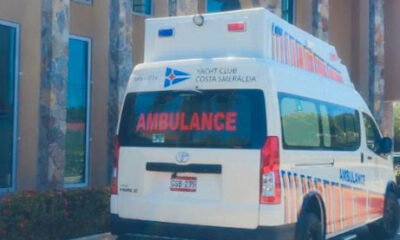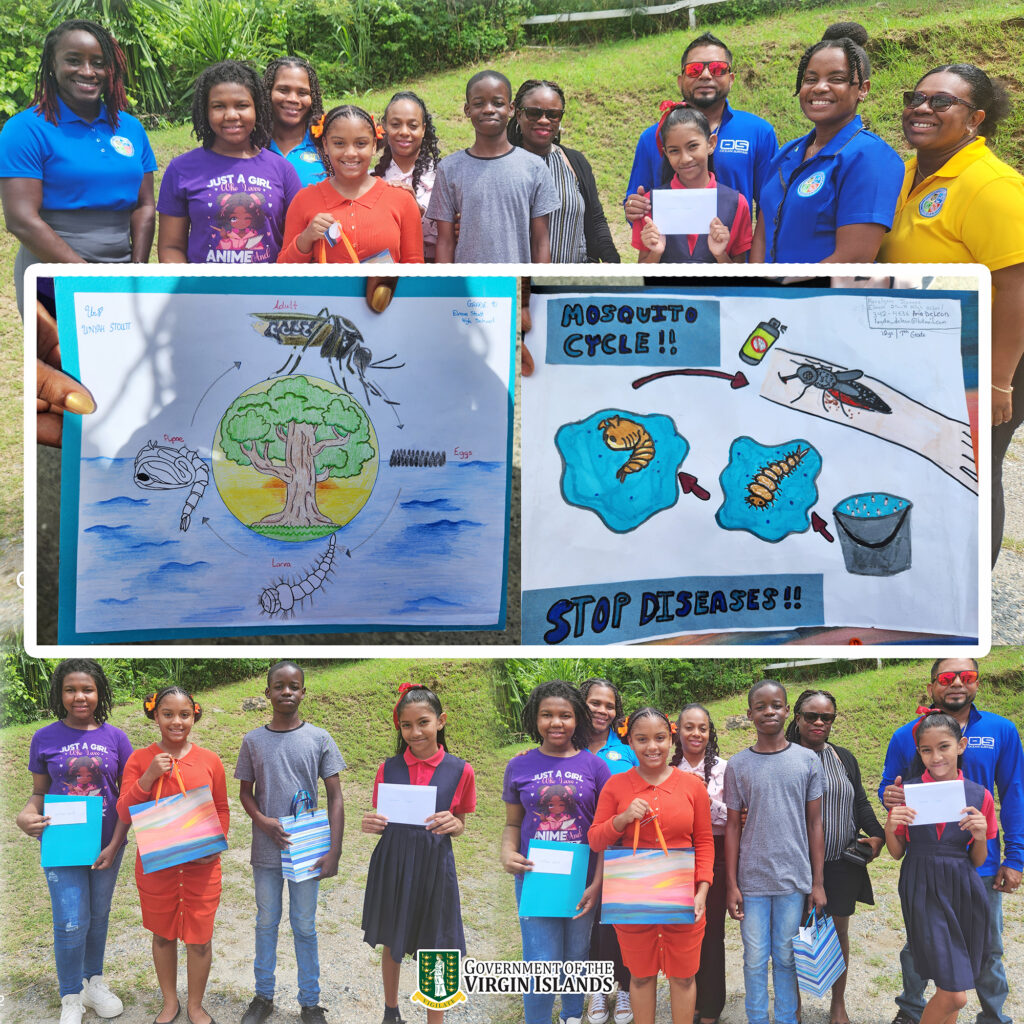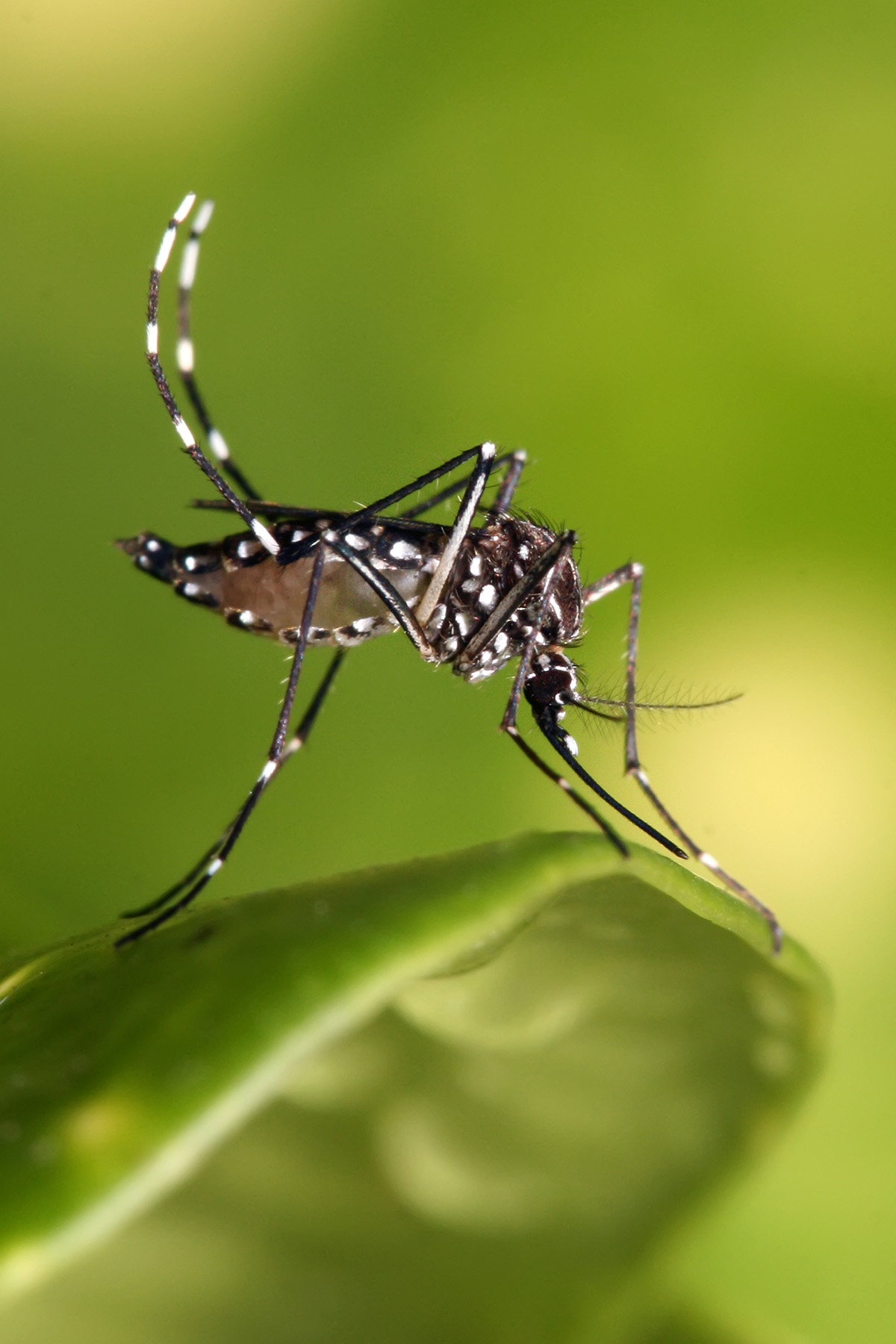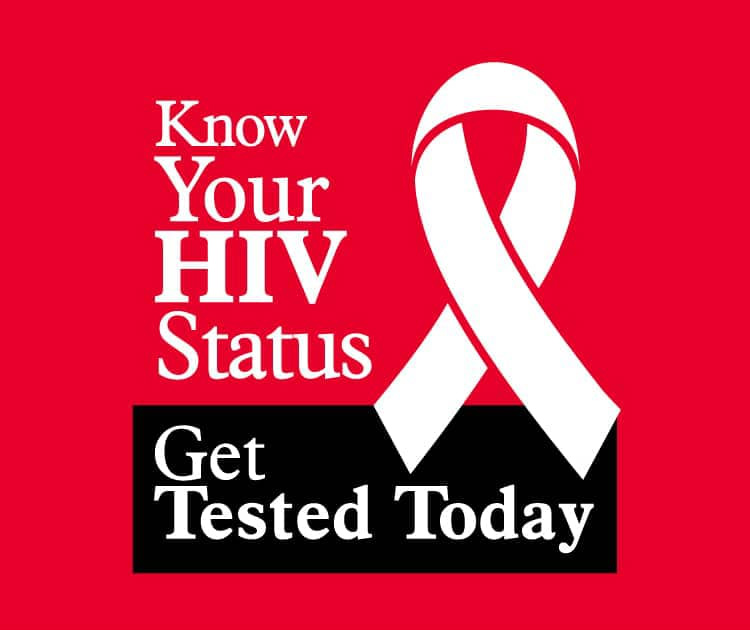Health
Dengue Cases on the Rise: Health Officials Urge Vigilance Amid Caribbean Outbreaks

Health authorities in the Virgin Islands are sounding the alarm over a noticeable uptick in dengue fever cases, with some patients requiring hospitalisation due to severe symptoms. Though the number of cases has yet to reach epidemic levels, officials remain on high alert as outbreaks continue to plague neighboring Caribbean countries.
National Epidemiologist Ms. Harmonie Brewley-Massiah emphasised the need for continued vigilance. “The current number of cases remains below the epidemic threshold,” she noted, “but public health officials are closely monitoring the situation.”
The Virgin Islands’ Surveillance and Vector Unit has been particularly vigilant, tracking the spread of the disease locally. The ongoing concern stems from the proximity of outbreaks in nearby countries, which could easily influence local conditions.
Entomologist Ms. Camille White expressed grave concern over the mosquito population in affected areas. “Each residential assessment of locally affected persons has identified multiple breeding sites positive for the larvae or pupae of Aedes mosquitoes,” she reported. “These breeding sites are primarily found in containers like barrels, buckets, tires, plant pots, and gallon bottles.”
Dengue fever, a viral infection spread by the Aedes aegypti and Aedes albopictus mosquitoes, poses a significant health risk to the region. These mosquitoes, endemic to the Virgin Islands, transmit the virus to humans through their bites. Symptoms of dengue include fever, severe headache, eye pain, nausea, vomiting, rash, and joint pain. Severe cases can lead to life-threatening complications, such as bleeding, that require intensive medical care.
Particularly vulnerable are children, the elderly, and individuals with pre-existing health conditions like diabetes, hypertension, obesity, and heart disease. Health authorities warn that these groups are at a higher risk of developing severe dengue, which may necessitate hospitalization.
In response to the rising number of cases, the Ministry of Health and Social Development is urging residents to take proactive measures to control mosquito breeding. The recommended steps include:
- Eliminating standing water: Mosquitoes breed in stagnant water, so it’s crucial to remove any sources around the home, such as in flower pots, buckets, containers, tires, or clogged gutters.
- Checking roof gutters and drains: Ensuring these are not blocked to prevent water accumulation.
- Cleaning containers: Regularly scrubbing and cleaning drains and containers to remove mosquito eggs.
- Proper disposal of debris: Getting rid of garbage like soft drink cans, empty bottles, boxes, and old tires.
- Vegetation control: Trimming vegetation to reduce areas where mosquitoes can rest.
- Personal protective measures: Wearing light-colored, long-sleeved clothing, especially at dusk and dawn, using insect repellent, and employing mosquito nets and screens to keep mosquitoes out of homes.
The Ministry is working tirelessly to curb the spread of dengue fever, but officials stress that public cooperation is essential. Residents are encouraged to eliminate standing water and reduce mosquito breeding opportunities around their properties to help prevent the spread of this potentially deadly disease.
Health
Karelynne Jimenez, Aiden Thompson Take Top Spots in Environmental Health Contest
Health
Mosquito Awareness Week: Virgin Islands Residents Urged to Combat Mosquito-Borne Diseases
Health
Virgin Islands Centenarian Receives First $10,000 Grant Under New Government Program
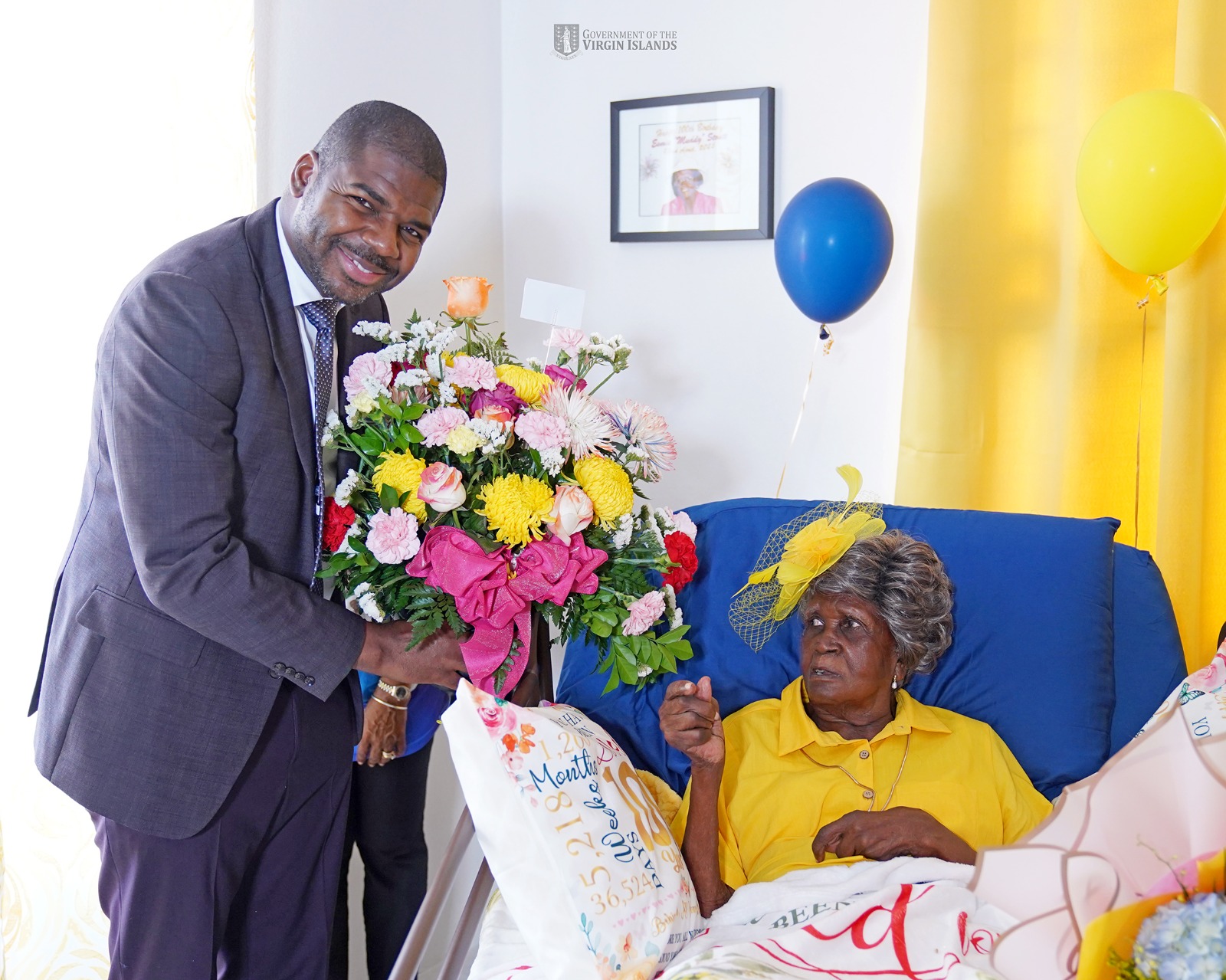
Mrs. Esmie Estene Turnbull-Stoutt has become the first Virgin Islander to receive the newly enhanced Centenarian Grant of $10,000, introduced by the Government of the Virgin Islands to honor residents who reach the milestone age of 100.
This significant update to the Centenarian Grant, which doubles the previous amount of $5,000, reflects the Territory’s commitment to recognizing the invaluable contributions of its senior citizens. The grant increase was recently approved by the Cabinet as part of broader efforts to support the aging population.

Minister for Health and Social Development, Honourable Vincent Wheatley, praised Mrs. Turnbull-Stoutt for reaching this remarkable milestone, emphasizing the impact of her life and the legacy of her generation.
“Mrs. Turnbull-Stoutt, like many of our centenarians, has played a vital role in shaping the Virgin Islands through her wisdom, hard work, and unwavering commitment to community and family,” Minister Wheatley said.
He further commended the Social Development Department for its efforts to honor seniors, adding, “As people live longer, it is essential that they also live better — with dignity, a sense of purpose, and the full support of their families and communities.”
The Virgin Islands is currently home to seven other centenarians:
-
Mrs. Enelle Smith, 106 years
-
Mrs. Emogene Creque, 105 years
-
Mrs. Betty Yates, 103 years
-
Mrs. Floresa George, 102 years
-
Mr. Evelyn Hodge, 101 years
-
Mrs. Iris Harrigan, 101 years
-
Mrs. Christeen Hodge, 101 years
The Ministry of Health and Social Development remains dedicated to improving the well-being of seniors and ensuring they receive the recognition they deserve for their lifelong contributions to the Territory.

-

 Local News2 weeks ago
Local News2 weeks agoControversial 3-Point Call Proven a 4, But Result Stands: Team USVI Withdraws from Third-Place Match
-

 Uncategorized1 day ago
Uncategorized1 day agoBritish Virgin Islands Regulators Move to Wind Down Bank of Asia (BVI) Limited
-

 Entertainment16 hours ago
Entertainment16 hours agoNeil Frett Named Honouree as 71st Virgin Islands Emancipation Festival Officially Launched
-

 Entertainment1 week ago
Entertainment1 week agoFive Students to Compete in Mr. & Miss HLSCC Pageant on June 1
-

 Local News1 day ago
Local News1 day agoBVI U19 Rugby Squad Departs for Dominican Republic Development Tour
-

 Uncategorized5 days ago
Uncategorized5 days agoChantel Malone Leaps to First Place Amid Headwinds at Tucson Elite Classic:
-
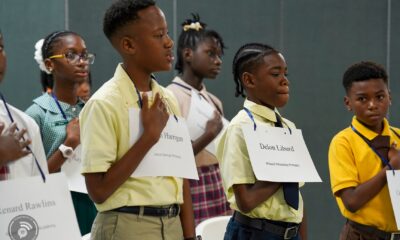
 Education2 days ago
Education2 days agoTwelve Primary Schools Advance to Final Round of 2025 Spelling Bee
-

 Uncategorized16 hours ago
Uncategorized16 hours agoLiburd and Croal Break BVI National Records at NCAA Championships




